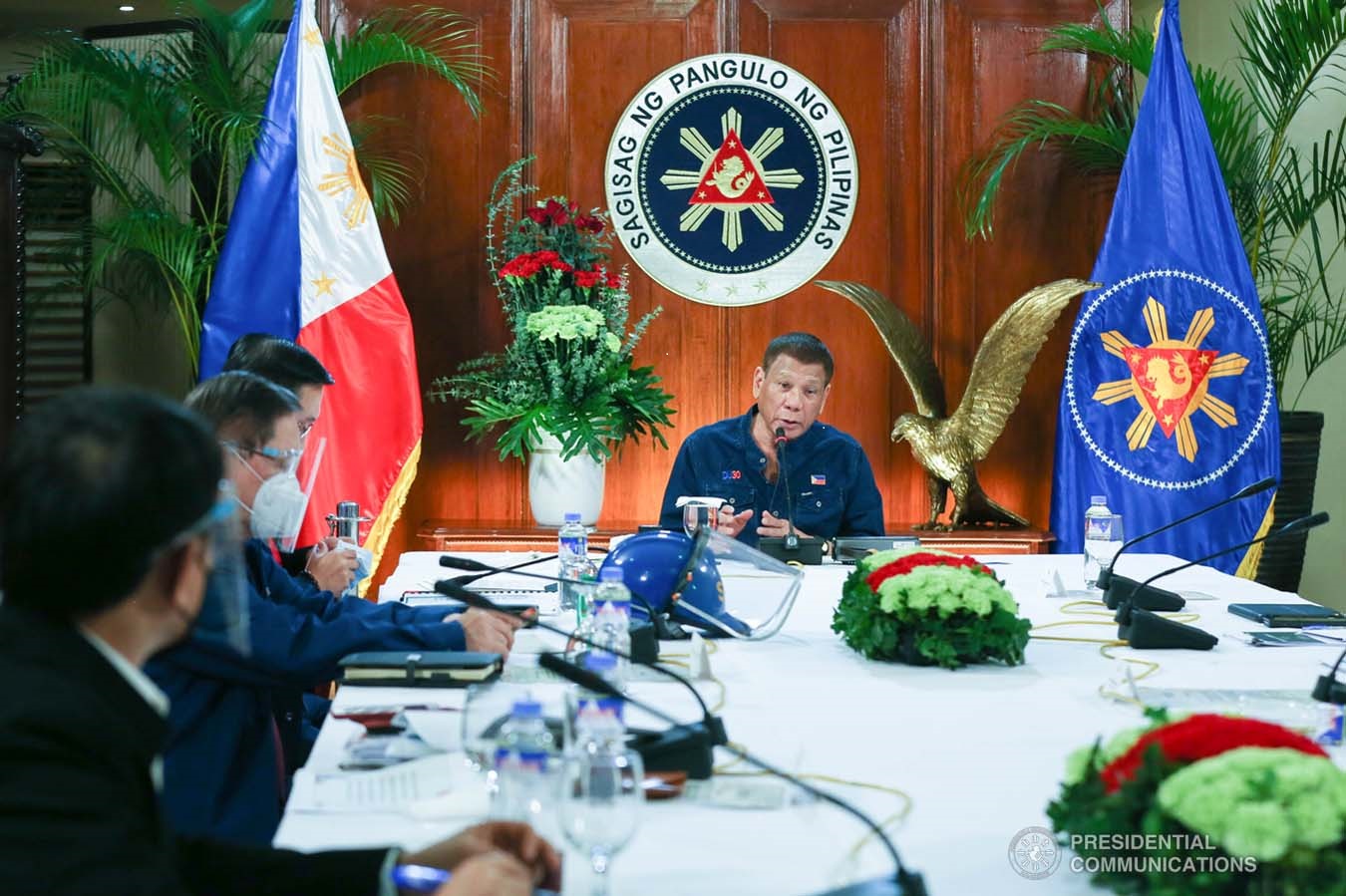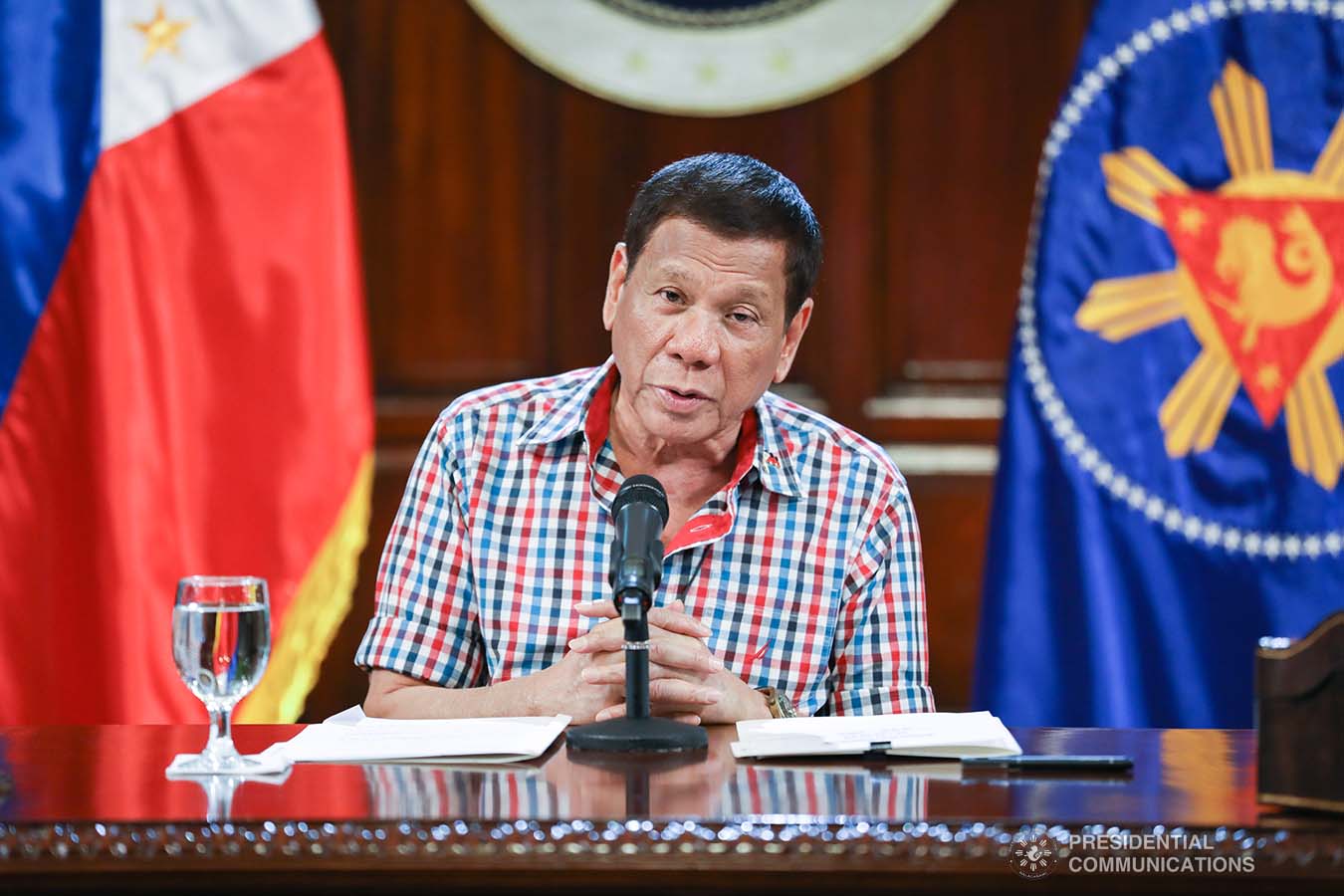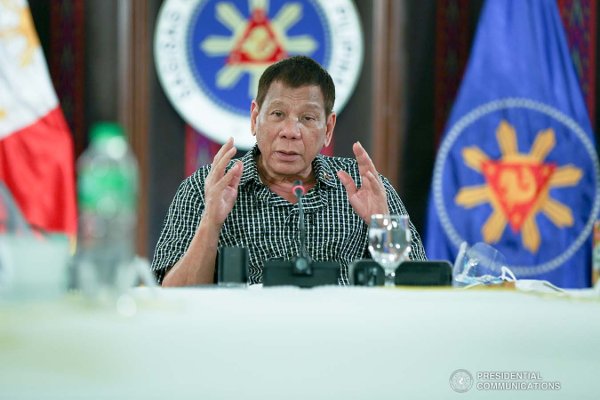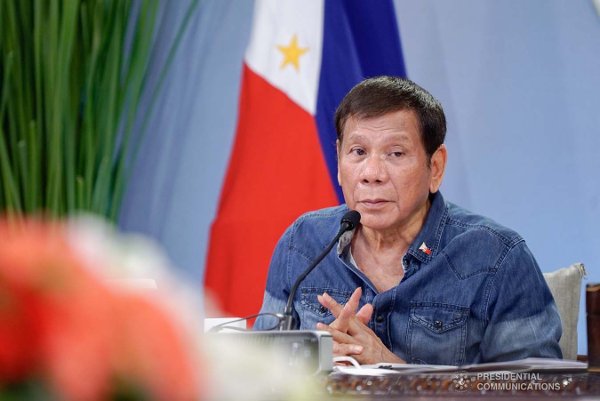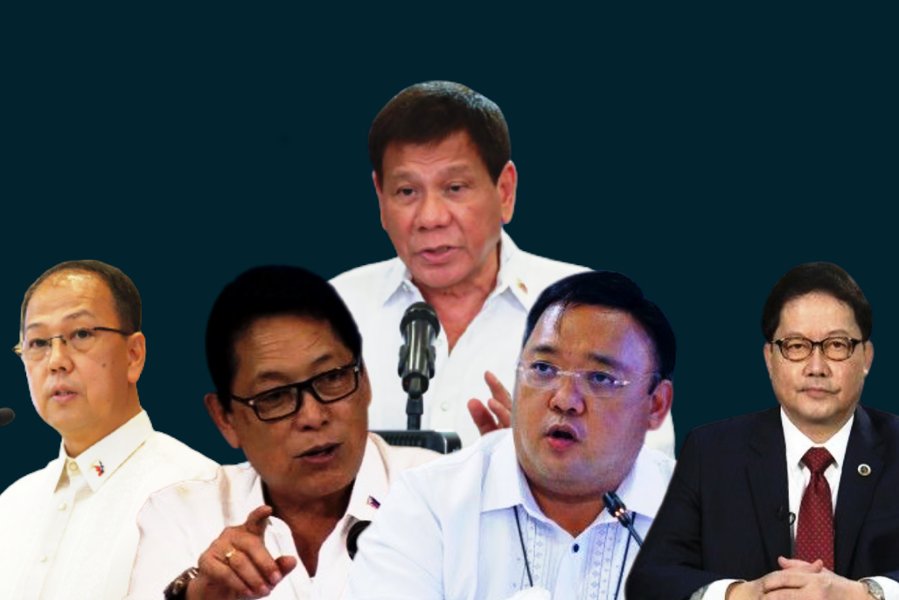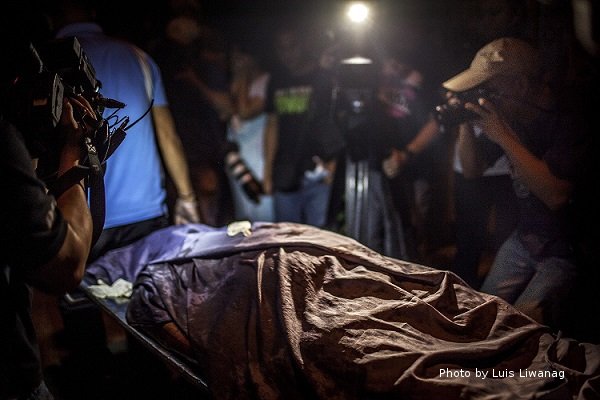President Rodrigo Duterte scored a point with the medical community by agreeing, although grudgingly, to revert to stricter quarantine, but he quickly lost more by ranting against health workers.
While admitting to some “missteps” in addressing the coronavirus disease (Covid-19) pandemic, Duterte refused to accept criticisms that the government has failed due to incompetence and inefficiency.
“Nobody anticipated this. This is a pandemic. It’s — bigla… Medicines ganun din, naghintay — naghintay tayo nang matagal. Iyong mga ventilators ganun rin,” he said in a winding spiel late night on Sunday, Aug. 2. “Nobody expected that thousands will get sick on a single day. That is, as a matter of fact, almost a preparation for a war kung talagang gusto mong preparado tayo,” he added in his unscheduled “Talk to the People” broadcast.
He refused to be pressured, but he had to give in to the medical community. However, hitting them back with insinuations that they were threatening a revolution was out of place. At one point, he said some doctors just keep talking and complaining.
Duterte is well aware of the impact and consequences of his public statements. “Every time I open my mouth and state a declaration, it becomes automatically a policy,” he said. He should be advised to limit his ranting to closed-door meetings, not in his public speeches.
He could have limitless ranting earlier that day when he met the Inter-Agency Task Force for Emerging Infectious Diseases (IATF-EID). They discussed the concerns raised by the Philippine College of Physicians (PCP), backed by more than 80 medical societies, and recommendations, including drawing up of a “consolidated, definitive plan of action” such as a return to enhanced community quarantine in Mega Manila to contain the spread of Covid-19.
In a virtual press conference on Saturday, the medical frontliners said the country’s healthcare system has been “overwhelmed by the rising cases” of Covid-19 and that they were sending a “distress signal” to the government to revert Metro Manila and neighboring provinces to ECQ for two weeks to win what they called the Philippines’ “losing battle” against the coronavirus disease.
The Office of the Presidential Spokesperson promptly issued a statement, saying that Duterte has directed the IATF “to act…immediately” on the concerns raised by leaders of the medical community.
“The Palace considers our skilled, tireless and dedicated healthcare workers as important frontliners in the battle against COVID-19. We are grateful for their immense contributions to heal our people and our nation during these difficult times. Your voices have been heard. We cannot afford to let down our modern heroes. This is our commitment,” the statement continued.
But then, the immediate response of Trade Secretary Ramon Lopez, a member of the IATF, was a big letdown. The appeal for a return to ECQ until August 15 was promptly turned down. Palace Spokesperson Harry Roque said the strict lockdown in Metro Manila had served its purpose. Instead, local government units, he said, would impose localized lockdown in barangays.
On Sunday night, Duterte went on nationwide broadcast with the IATF, approving the recommendations that Health Secretary Francisco Duque III spelled out, including a return to MECQ, not ECQ as the medical community had requested, and the grant of financial benefits to nurses and other health frontliners.
Duterte should have stopped there, but instead he went on ranting about medical practitioners threatening a revolution and know-it-all doctors who talk too much.
“Now the doctors, well you can work with us, work with the people, your people or you can just… pero if you are not also working tapos katatapos mo lang mag-ano, magdaldal ka, nako nagpapabilib ka na. Huwag ninyo kaming pabilibin,” he said.
Roque tried to justify Duterte’s rants by saying that he was “hurt” because the medical community aired its concern to the media and that the President was the “last to know” about their demands. Further, he said it was fueled by the critical statements of Vice President Leni Robredo and Senate minority leader Franklin, and the spread on social media of the Filipino version of the protest song in musicale Les Miserables.
Roque’s justification did not help because it portrayed Duterte as overly sensitive to criticisms. But has he been as sensitive to the feeling of other people he had called names and publicly accused without proof?
It is obvious that the medical frontliners are exhausted. But even when they’re tired, going back to stricter quarantine for two weeks doesn’t mean they’ll stop working. They won’t because the number of Covid patients keeps rising. On Sunday, the DOH reported a record-breaking confirmed cases of 5, 032 in a single day, bringing the cumulative number of Covid positive cases to 103, 185. As of Monday, the total has reached 106, 330, with 3, 226 new confirmed cases.
At the rate the virus is spreading in recent days, it wouldn’t take long for dedicated hospital beds to be at full capacity. Increasing the bed-capacity of hospitals for Covid-19 patients may bring down the occupancy rate but not a sound approach to addressing the medical community’s plea.
Researchers from the University of the Philippines (UP) and University of Santo Tomas (UST) have projected that coronavirus cases could reach 150,000 with 3,000 deaths by August 31.
The number could even go higher by 20, 000 with “less effective implementation of the general community quarantine (GCQ),” the UP research team said in its recent report.
With MECQ now in effect in Metro Manila and the nearby provinces of Bulacan, Cavite, Laguna and Rizal, the same experts predict a reduction of 50,000 cases from their earlier estimate.
It was indeed a difficult and delicate balancing act between public health and the economy. Duterte gave in to the pressure of both camps, the business and medical communities by still allowing limited economic activities instead of a total lockdown.
The more serious problem in government’s handling of this prolonged health pandemic is that military generals and technocrats, not the health chief, are calling the shots. The country needs a competent health secretary who can lead to reform and recalibrate the government’s response to the Covid-19 pandemic, as the medical frontliners want to happen.
The views in this column are those of the author and do not necessarily reflect the views of VERA Files.
